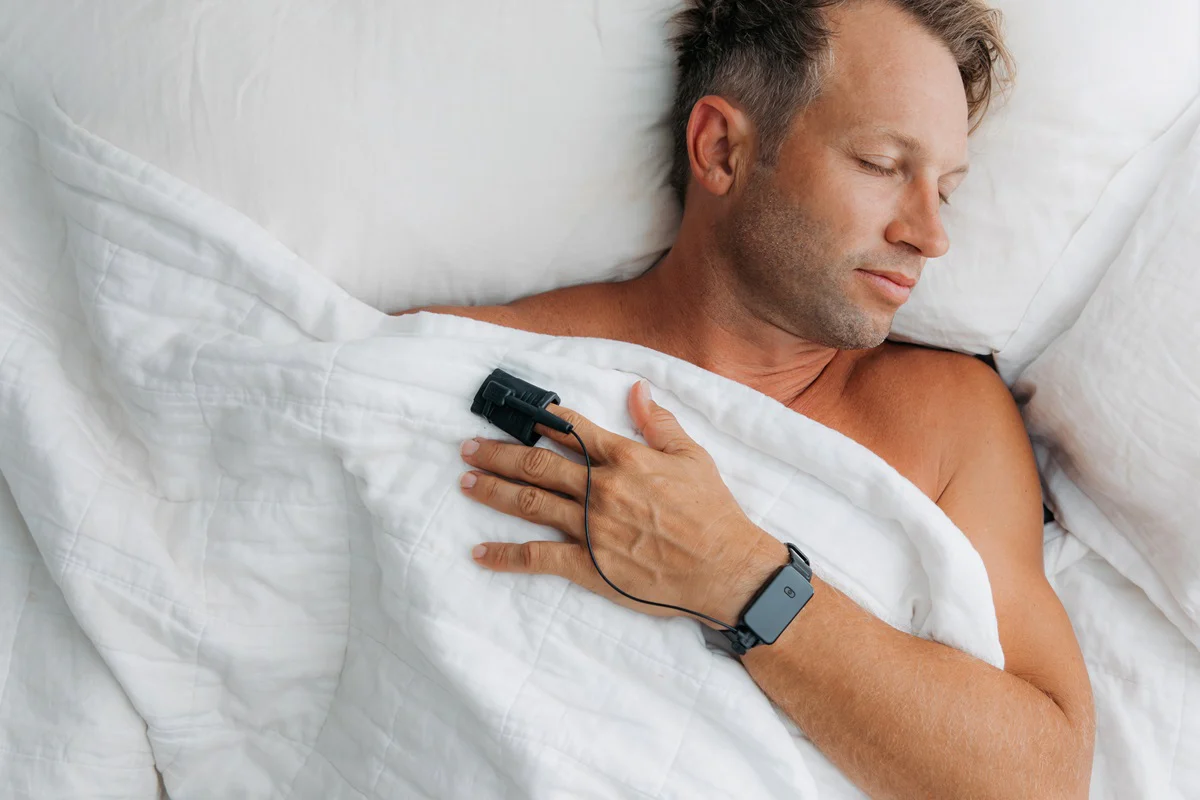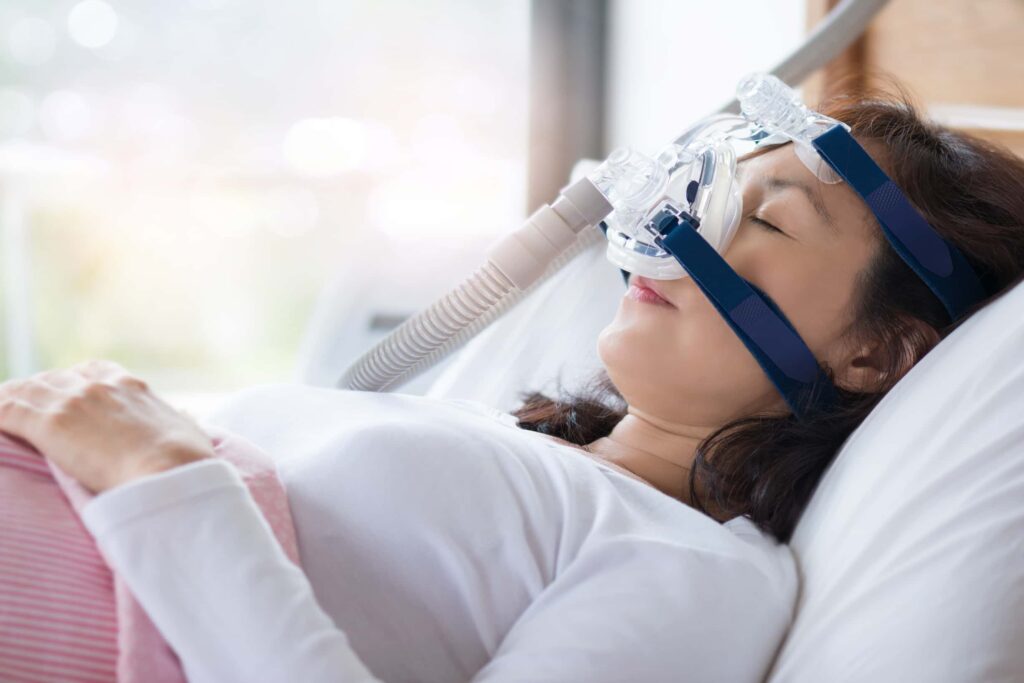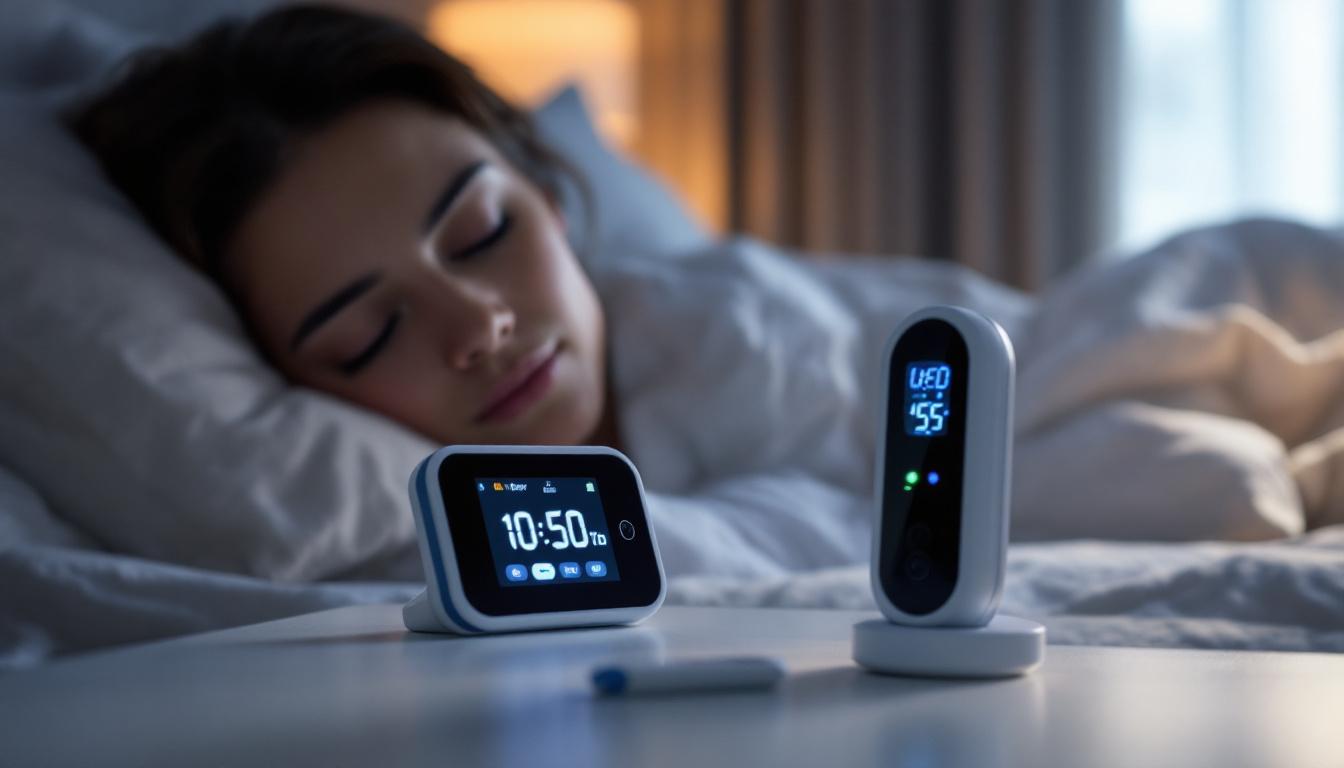Home Sleep Test Australia: Convenient Testing for Better Sleep Health

In recent years, the importance of sleep health has gained significant recognition, with a growing number of Australians seeking ways to improve their sleep quality. Home sleep tests have emerged as a convenient and effective solution for diagnosing sleep disorders without the need for an overnight stay in a sleep clinic. This article delves into the various aspects of home sleep testing in Australia, including its benefits, how it works, and what to expect during the process.
Understanding Sleep Disorders
Sleep disorders can significantly impact an individual’s quality of life, leading to a range of health issues such as obesity, cardiovascular disease, and mental health problems. Common sleep disorders include obstructive sleep apnoea (OSA), insomnia, restless leg syndrome, and narcolepsy. Understanding these conditions is crucial for recognising symptoms and seeking appropriate treatment.

Home sleep testing Australia offers a convenient and effective means of diagnosing sleep disorders for many Australians. By understanding the importance of sleep health and the role of home sleep tests, individuals can take proactive steps towards improving their sleep quality. If you suspect you may have a sleep disorder, consider consulting with a healthcare professional to explore the option of home sleep testing. With the right diagnosis and treatment, better sleep health is within reach.
Obstructive sleep apnoea, for instance, is characterised by repeated interruptions in breathing during sleep, often resulting in excessive daytime sleepiness and fatigue. Insomnia, on the other hand, involves difficulty falling or staying asleep, which can lead to irritability and decreased cognitive function. Identifying these disorders early can lead to timely interventions and improved health outcomes.
Symptoms of Sleep Disorders
Recognising the symptoms of sleep disorders is the first step towards seeking help. Common signs include:
- Excessive daytime sleepiness
- Loud snoring or gasping during sleep
- Difficulty concentrating or memory problems
- Frequent headaches upon waking
- Restlessness or leg discomfort during the night
If you experience any of these symptoms, it may be time to consider a sleep assessment.
The Role of Home Sleep Testing
Home sleep testing is a valuable tool for diagnosing sleep disorders, particularly for those who may find it challenging to attend a sleep clinic. This method allows individuals to undergo testing in the comfort of their own homes, making it a more accessible option for many Australians.

Home sleep tests typically involve the use of portable monitoring devices that track vital sleep parameters, such as breathing patterns, oxygen levels, and heart rate. These tests are designed to provide healthcare professionals with the necessary data to make an accurate diagnosis. Read more about oxygen on https://unitaid.org/innovations/medical-oxygen/
Benefits of Home Sleep Testing
There are several advantages to opting for home sleep testing, including:
- Convenience: Patients can conduct the test in their own environment, which can lead to more natural sleep patterns and accurate results.
- Cost-Effectiveness: Home sleep tests are often more affordable than traditional sleep studies, making them a viable option for many.
- Reduced Anxiety: Many individuals feel anxious about sleeping in unfamiliar settings, which can affect their sleep quality during a clinic visit.
- Quick Results: Home tests typically provide results faster than in-lab studies, allowing for timely diagnosis and treatment.
How Home Sleep Testing Works
The process of home sleep testing is straightforward and user-friendly. It generally involves the following steps:
- Consultation: The first step is to consult with a healthcare professional who will assess your symptoms and determine if a home sleep test is appropriate.
- Device Setup: If a home sleep test is recommended, you will receive a portable monitoring device. This device is typically equipped with sensors to measure various parameters, including airflow, oxygen saturation, and heart rate.
- Testing Night: On the night of the test, you will wear the device as you sleep. It is essential to follow the instructions provided to ensure accurate readings.
- Data Analysis: After the test, the data collected will be analysed by a sleep specialist who will interpret the results and provide a diagnosis.
Preparing for a Home Sleep Test
Preparation is key to ensuring the success of a home sleep test. Here are some tips to help you get ready:
- Follow Pre-Test Instructions: Your healthcare provider will give specific instructions regarding medication and lifestyle changes prior to the test.
- Maintain a Sleep Diary: Keeping a sleep diary for a week before the test can help your doctor understand your sleep patterns better.
- Ensure a Comfortable Sleep Environment: Create a conducive sleeping environment by minimising noise and light disturbances.
Read more at: Bulk Billed Sleep Apnea Test
Interpreting the Results
Once the data from your home sleep test has been analysed, your healthcare provider will discuss the results with you. Depending on the findings, they may recommend further testing or initiate treatment options.
Common outcomes from home sleep tests include the diagnosis of obstructive sleep apnoea, which may lead to recommendations for lifestyle changes, the use of continuous positive airway pressure (CPAP) therapy, or other interventions. In cases where no significant sleep disorder is identified, your provider may suggest alternative strategies to improve sleep quality. Click here to find more about pressure.
Follow-Up Care
Follow-up care is crucial for those diagnosed with a sleep disorder. Regular check-ins with your healthcare provider can help monitor your progress and make necessary adjustments to your treatment plan. This may include:
- Adjusting CPAP settings if applicable
- Implementing cognitive behavioural therapy for insomnia (CBT-I)
- Exploring medication options for sleep disorders
Additionally, maintaining a healthy lifestyle, including regular exercise and a balanced diet, can significantly improve sleep quality.
